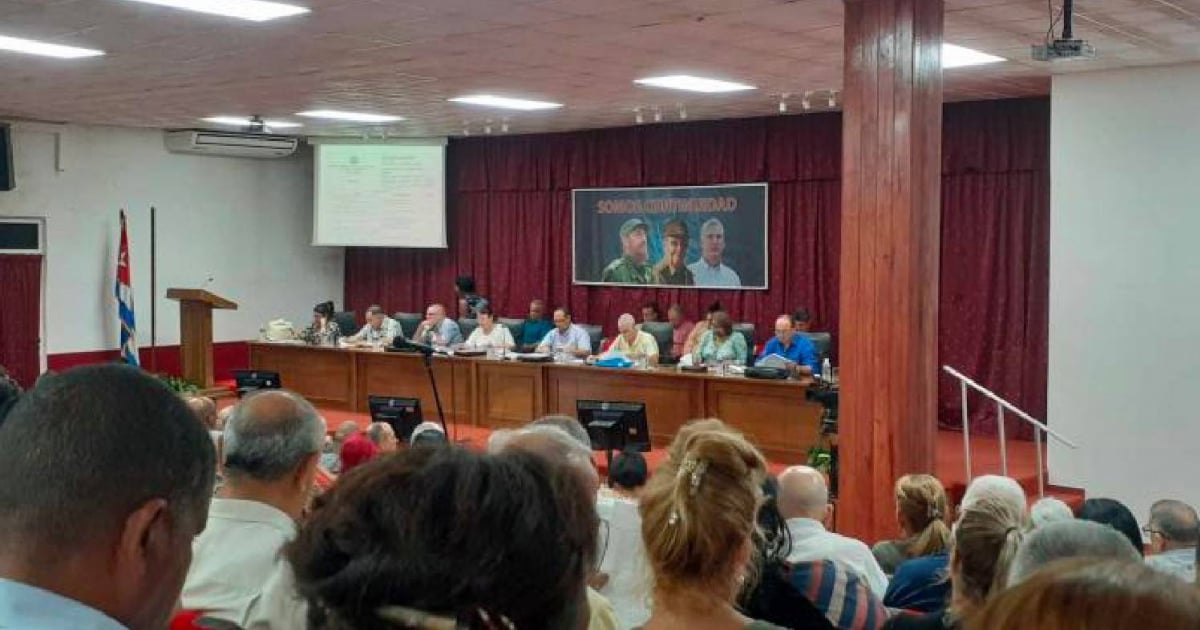Havana authorities have confirmed that the Oropouche virus has been detected in the city, urging the implementation of measures to control the epidemiological situation. Liván Izquierdo Alonso, the governor of Havana, reported a rise in cases of both dengue and the Oropouche virus in the nation's capital, according to Tribuna de La Habana.
During a meeting, the official indicated there are "indicators warning of approaching critical numbers" if the protocols for "increased surveillance, case control, and the search for citizens with fever symptoms" are not followed. "In the state sector, areas where the mosquito vector of dengue and Oropouche can concentrate must be eradicated," explained Izquierdo Alonso.
The measures include the elimination of mosquito breeding sites and the implementation of fumigation and vector control programs throughout the city. The Oropouche virus is transmitted through mosquito bites, and its arrival in the Cuban capital is particularly concerning because Francisco Durán, the national director of Epidemiology at the Ministry of Public Health (MINSAP), acknowledged on Wednesday that the country lacks fuel for mosquito fumigation.
Cases of fever have also risen in Santiago de Cuba, Las Tunas, Holguín, Matanzas, Ciego de Ávila, and other Cuban provinces.
Impact and Control of Oropouche Virus in Havana
In light of the recent detection of the Oropouche virus in Havana, many residents have questions about the virus and the measures being implemented to control its spread. Below are some frequently asked questions and their answers.
What is the Oropouche virus?
The Oropouche virus is a disease transmitted through mosquito bites, causing symptoms similar to those of dengue fever, such as fever, headache, and muscle pain.
What measures are being taken to control the virus in Havana?
Authorities are focusing on eliminating mosquito breeding sites, increasing surveillance, controlling cases, and implementing fumigation and vector control programs.
Why is there a concern about the lack of fuel for fumigation?
The lack of fuel hampers the ability to carry out effective fumigation, which is crucial for controlling the mosquito population that spreads the Oropouche and dengue viruses.
